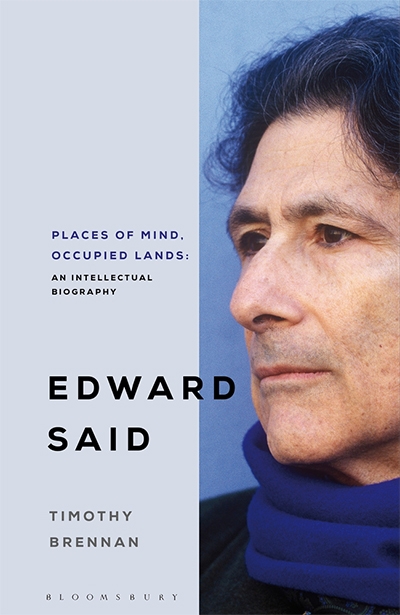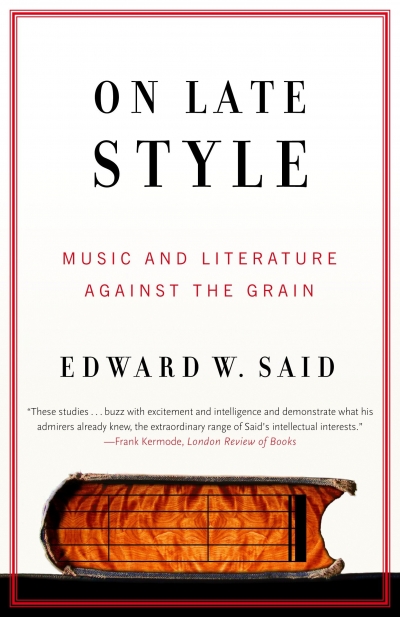Edward Said
Film | Theatre | Art | Opera | Music | Television | Festivals
Welcome to ABR Arts, home to some of Australia's best arts journalism. We review film, theatre, opera, music, television, art exhibitions – and more. To read ABR Arts articles in full, subscribe to ABR or take out an ABR Arts subscription. Both packages give full access to our arts reviews the moment they are published online and to our extensive arts archive.
Meanwhile, the ABR Arts e-newsletter, published every second Tuesday, will keep you up-to-date as to our recent arts reviews.
Recent reviews
Edward Said, most regarded for his pioneering study Orientalism (1978), led a varied life that combined rigorous scholarship with fearless activism. Born in Jerusalem and brought up in Cairo, Said left for America at the age of sixteen and thereafter steadily ascended through the ranks of the American academy. Outside of the ivory tower, Said became a powerful spokesperson for Palestinian self-determination. Timothy Brennan’s new biography, Places of Mind: A Life of Edward Said, traces Said’s decades of engagement with the key political, cultural, and literary concerns of his time. As James Jiang notes in his review, ‘what emerges most distinctly from Brennan’s portrait are not the lineaments of a gifted “mind”, but rather the sheer messiness of thinking for a living’.
... (read more)


